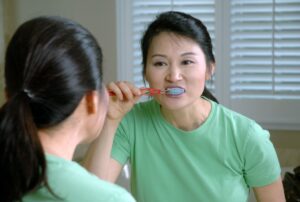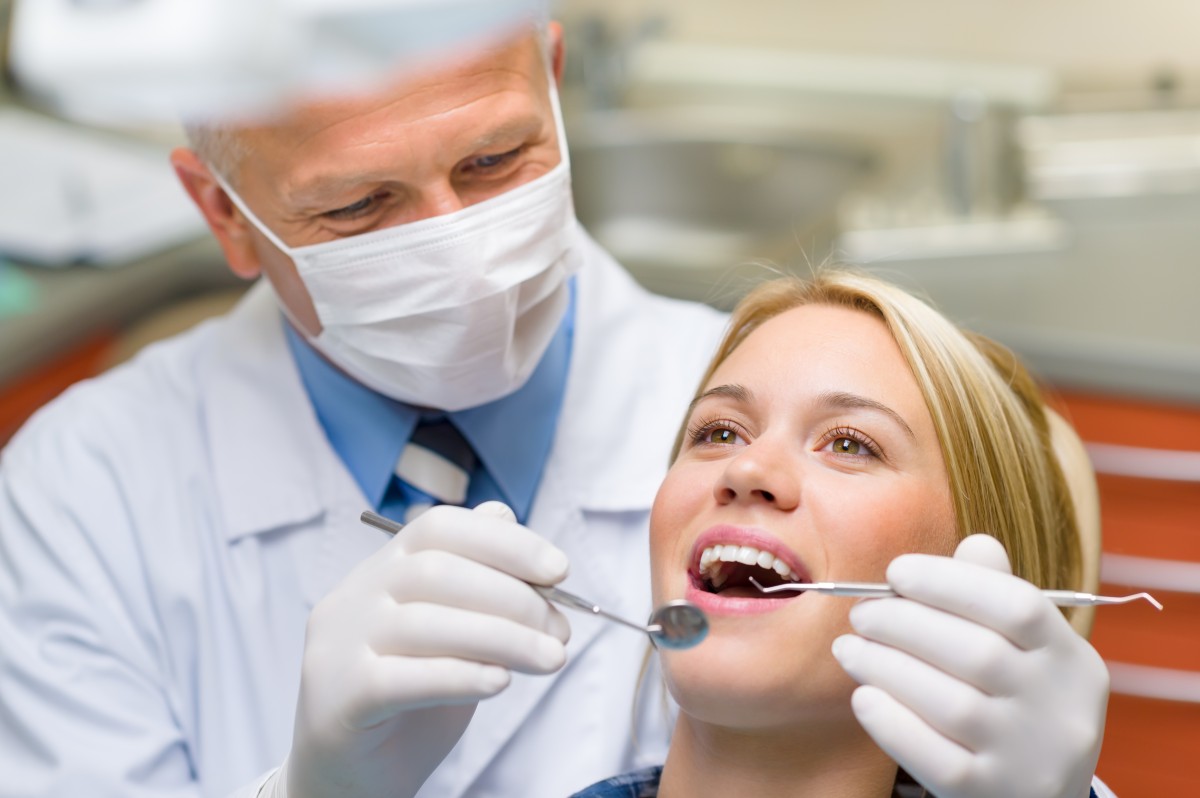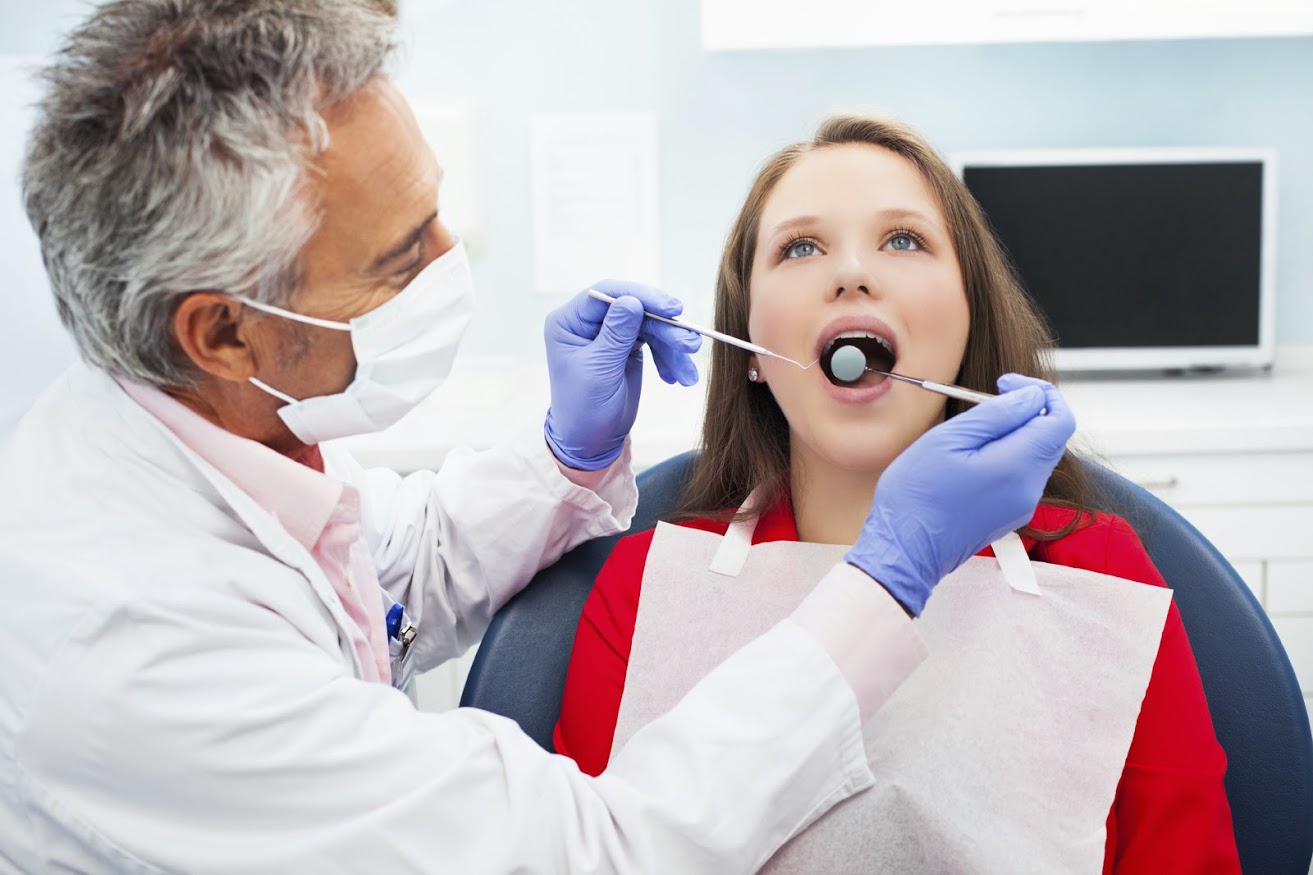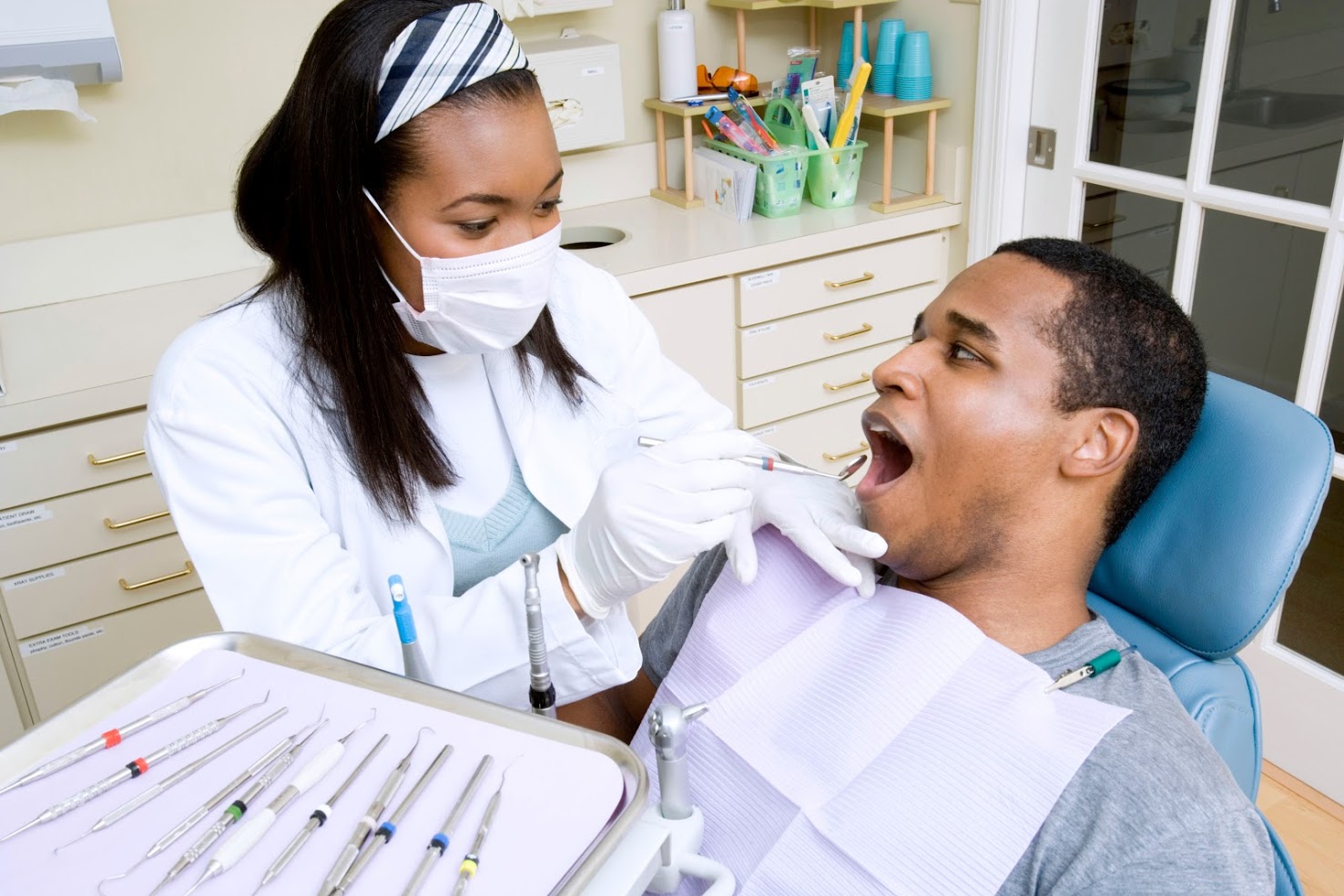What Are the Signs of a Cavity?
June 18th, 2020
Without regular brushing and flossing, bacteria can grow and cause decay that erodes the tooth enamel and leads to a cavity. While cavities often go unnoticed, sometimes symptoms indicate that it's time for a trip to the dentist for a filling or root canal. Without treatment, tooth decay can progress from a cavity to gum disease, infection, and other health problems. Be aware of these common signs of a cavity that needs dental attention.
Tooth Pain
A toothache is most commonly caused by a cavity, although injury and infection can also lead to tooth pain. When a cavity develops deep in the pulp in the center of the tooth, inflammation results in the characteristic ache. Even if your tooth doesn't hurt all the time, you might experience pain or sensitivity with pressure, cold, sweet, or hot sensations. Sharp pain when you bite down often results from a cavity that has progressed into the tooth pulp.
Noticeable Damage
When a cavity progresses, you may see a small hole in the tooth enamel. This usually starts as an area of off-white discoloration that becomes brown or black and can be mistaken for a stain from coffee or tobacco.
Halitosis
Do you feel like you have a bad taste in your mouth even right after brushing, flossing, or using mouthwash? If you have one or more cavities, the resulting bacteria can cause bad breath or an unpleasant taste.
Even though these symptoms often signify a cavity, you shouldn't wait until you experience these signs to visit your dentist. Proper dental care, including a cleaning and check-up every six months, can help prevent cavities that put your teeth and gums at risk for health problems. Without treatment, a cavity can lead to an abscess, gum disease, broken or damaged teeth, tooth loss, trouble eating and chewing, nutrition problems, and shifting that puts other teeth at risk.
If you need a dentist in the Worcester area, reach out to the team at Kozica Dental. Even if you haven't visited a dentist in a while, we're here to provide gentle, nonjudgmental care for your oral health. Call (508) 755-0751 to schedule an appointment for cavity care or a regular check-up.









